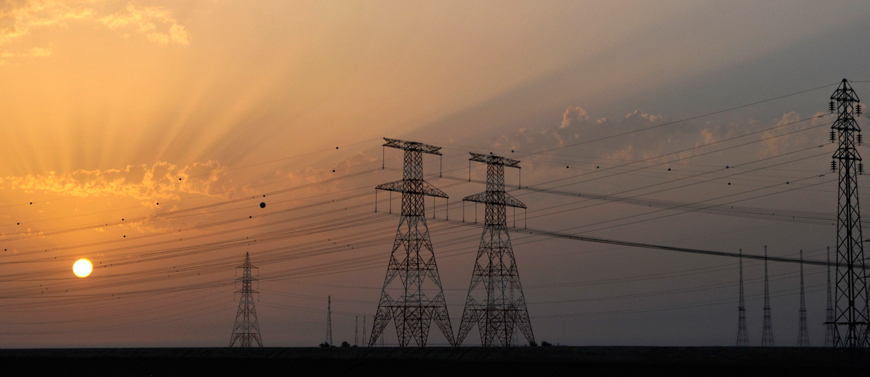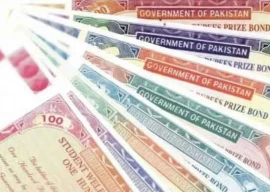
Talking to media outside the Supreme Court, the minister disclosed that at present, the energy and capacity payment trade-off was 60% and 40% respectively. "Institutions have to bear capacity charges because Pakistan is a single-buyer market and it is the government that purchases electricity from power producing companies," he said.
"To meet needs of the industrial units, the government has to ensure availability of electricity in the system; therefore, it has to pay energy charges to the power producers coupled with capacity costs."
Inefficiencies in power sector cost Pakistan $18b
Elaborating, he pointed out that capacity payments included interest cost and fixed overheads, which were paid to the companies to keep their machinery running for power generation under the merit order.
He revealed that the component of capacity payment may further increase following installation of more power plants.
Replying to a question, he emphasised that the government was taking effective measures to reduce unemployment through the expansion of the industrial sector.
When asked about the audit of agreements inked by previous governments, the minister recalled that the deals were reached under the 1994, 2002 and 2007 power policies. "Let the court decide on this matter," he said.


1723278472-0/BeFunky-collage-(4)1723278472-0-165x106.webp)




1732486769-0/image-(8)1732486769-0-270x192.webp)









COMMENTS
Comments are moderated and generally will be posted if they are on-topic and not abusive.
For more information, please see our Comments FAQ